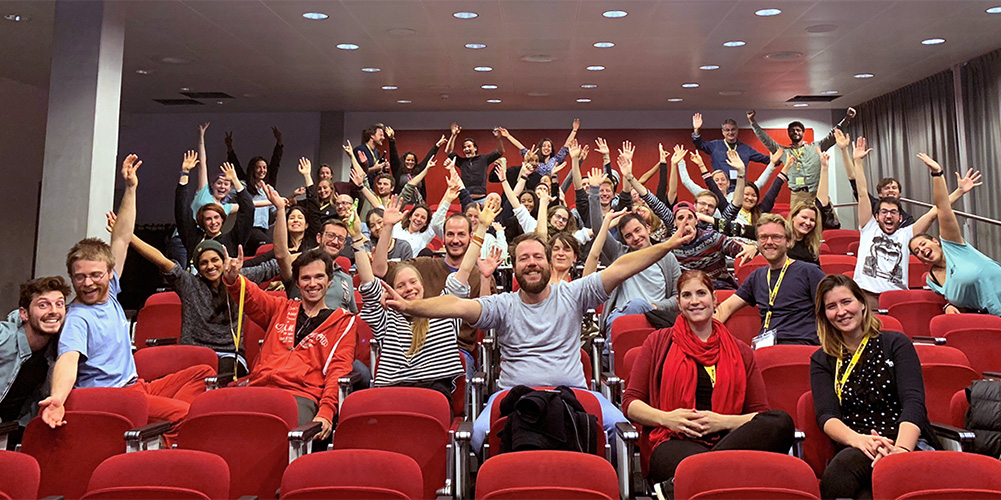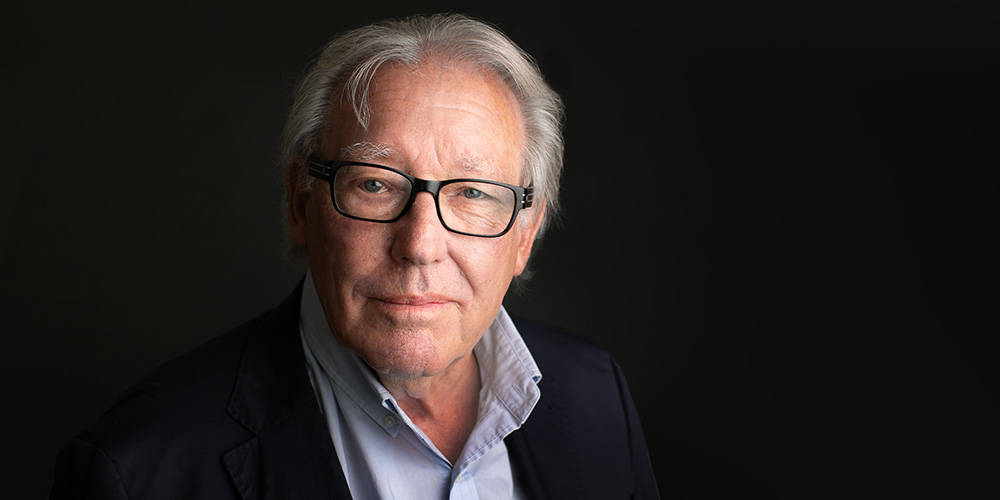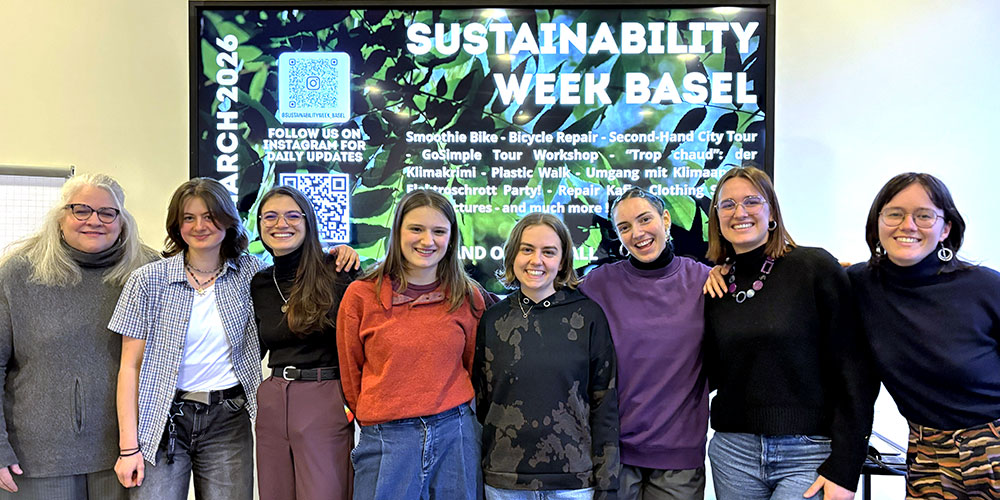Science cinema for curious minds
Next week is the day: on 6 February 2019, Kultkino will present eight short films that have been produced by researchers and filmmakers during a hackathon in Basel. The event is a collaboration between the University of Basel and Exposure Science Film Hackathon, which promotes science communication through film throughout Switzerland. The cinema audience is invited to vote for the best science film of the evening.
30 January 2019
Exposure Science Film Hackathon (ESFH) brings together young researchers and filmmakers who work together to create three-minute short films on a scientific topic in just three days. The aim is to make science beautiful and accessible through the medium of film. The short films are then presented at a public cinema evening where the audience can enter into dialogue with the researchers and filmmakers.
Promoting new ways of science communication
Since 2018 ESFH is supported by the Swiss National Science Foundation and has significantly expanded its radius of action. In addition to Lausanne, hackathons and cinema evenings are also offered in Basel and Zurich this year. In Basel, the University of Basel is working closely with the project and encourages its researchers to break new ground in their science communication activities.
A total of 32 researchers and filmmakers take part in the Basel program. They come from a wide variety of disciplines, including neuroscience, biology, economics, psychology, media, and linguistics. During the event which is hosted by the University library, participants will learn the basic techniques of storytelling and film production. They will be supervised by nine mentors who are scientists, science communicators and filmmakers. The eight short films will be produced across all fields of science.
A creative fusion of science and film
The ESFH organizers see great potential in the creative fusion of science and film. “Nowadays we spend many hours on the internet or watching TV shows. We want to use this trend for science communication,” says project manager Robbie I'Anson Price. "That said, we are less interested in producing purely documentary films, rather, we would like to infuse science with powerful stories. Above all, we want to arouse curiosity and engagement in science.”
The public presentation of the eight short films from the Basel event will take place on 6 February 2019 at Kultkino. Admission begins at 6:45 pm. The entrance is free, and the audience is invited to vote for the best film of the evening. The films will be shown in English with German subtitles.
The best films created at the Basel event will be featured at a final screening in Geneva. The evening in Geneva on 13 April 2019 will mark the completion of the SNF funded project, and will present films from the Lausanne, Basel and Zurich hackathons. The best film created over the year will be awarded the grand prize by Nikon.



